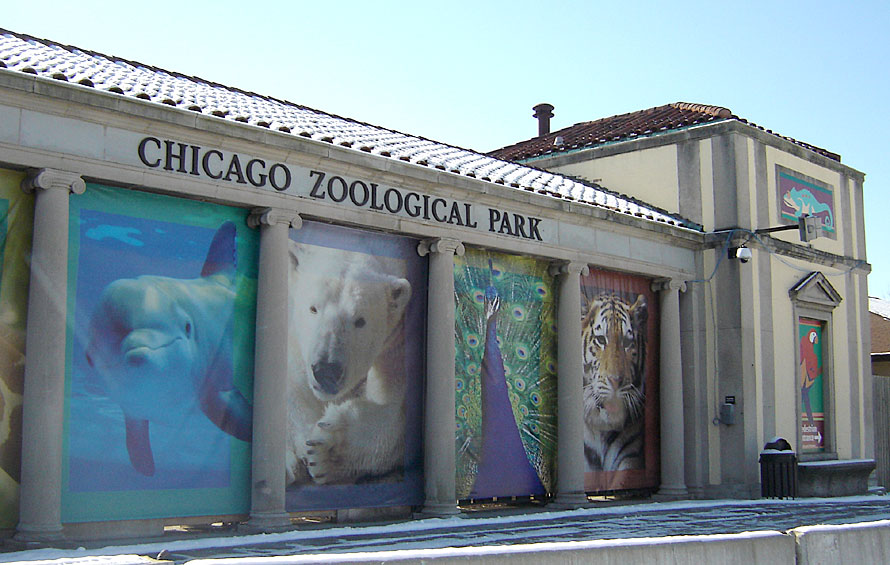The Ethics of Zoos
May 2, 2021
As a child, I enjoyed zoos. I loved seeing wild animals, as they fascinated me. Now, I am still fascinated but would rather experience seeing them in the wild.
College of Lake County professor Shane Jones said he personally has mixed feelings about zoos.
“Personally, I have mixed feelings about zoos. In my view, there are some significant pros and cons to how zoos operate in the U.S. I can’t comment on zoos outside the U.S. as I have no experience with them,” Shane said.
Some zoos can potentially be beneficial to the species and to the public.
“As a kid, I liked to visit zoos because I got to see living examples of the Earth’s great biodiversity, all in one place. It was experiences like these that got me interested in biology and ultimately led me to obtain a master’s degree in Zoology and start the career I have today,” Shane said.
Zoos can educate the public, inspiring youth and others to want to engage in preserving biodiversity and the natural habitats of endangered species. This can especially be beneficial in a time when species are going extinct rapidly. On the other hand, the caging of animals can contribute to a sense of human superiority over species.
“I think the caging of animals contributes to a sense of human superiority and dominance over all other species. This can lead to a lack of respect and appreciation for biodiversity, which is antithetical to the mission of species conservation that many zoos are involved with.”
Further, many animals in zoos around the world are exploited for profit and entertainment purposes. Many zoo gift shops sell plushies and other items inspired by animals held in the zoo.
“If the profits are used to invest in maintaining high-quality enclosures and animal care, educational programs, animal rehabilitation, and conservation efforts, then I can support that. However, I’m not convinced that all zoos use those profits in that way. Also, in my opinion, most of the things sold in those gift shops are cheap consumer goods that contribute to pollution, habitat loss, and climate change, through their manufacturing and disposal. This is also antithetical to species conservation,” Shane said.
Furthermore, according to Animals Australia, the vast majority of the animals in zoos are not endangered in the wild. There are more captive tigers in Texas alone than in the wild.
“One of the toughest things for me to see at zoos is the limited space most species are given. The pacing behavior I often observe is tough for me to watch as it conjures up images of an inmate pacing in a jail cell, as they slowly lose their sanity,” Shane said.
According to Freedom for Animals, tigers and lions have around 18,000 times less space in zoos than in the wild, while polar bears have one million times less space. In essence, before visiting a zoo these upcoming months, research the zoo. Avoid privately-owned “roadside zoos”.Avoid zoos that have an emphasis on touching the animals, have little to no barriers between you and the cages, display animals doing circus-like behavior, separate mothers from their babies, offer photo shoots with baby animals, and have little to no educational and conservation value.
Look for zoos with thorough education programs in their exhibits, have scientists (people with masters or Ph. D.s) and veterinarians as part of their staff, and have purposeful and regulated breeding of only specific endangered species.








